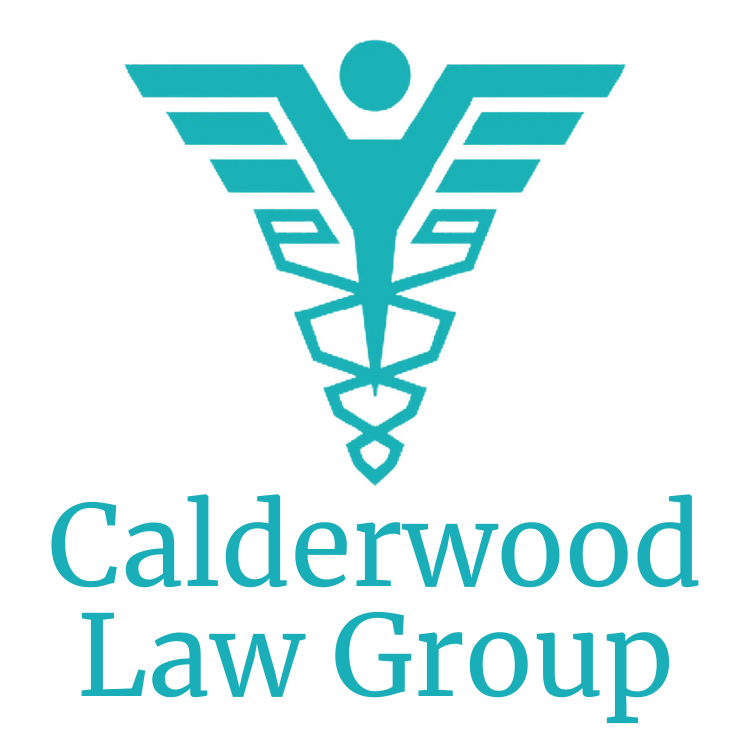Misdiagnosis: A Costly Mistake
Misdiagnosis is one of the most prevalent forms of medical malpractice. It occurs when a healthcare professional inaccurately diagnoses a patient's condition, leading to incorrect treatment or delayed treatment. Such errors can have serious consequences, including the worsening of the patient's illness or unwarranted surgeries and treatments. To minimize the risk of misdiagnosis, it is essential for healthcare providers to thoroughly review patient histories, order appropriate tests, and consider second opinions when necessary.
Surgical Errors: Beyond the Operating Room
Surgical errors, though less common, are often more severe. These can include operating on the wrong site, leaving surgical instruments inside the patient's body, or anesthesia-related complications. The impact of a surgical error can be life-altering, leading to additional surgeries, infections, or long-term medical issues. Implementing stringent checks and balances, such as timeouts for verifying patient details and procedures, can significantly reduce the probability of these errors.
Birth Injuries: Impacting the Youngest Patients
Birth injuries, unfortunately, represent some of the most heartbreaking cases of medical malpractice. These can occur due to negligence during the delivery process and may result in conditions such as cerebral palsy, paralysis, or Erb's Palsy. Ensuring meticulous monitoring during labor and delivery, along with adhering to established protocols, can prevent these tragedies. Parents often face the difficult decision of pursuing legal action to secure the resources needed for their child's ongoing care.
The Role of a Medical Malpractice Attorney
Navigating a medical malpractice case without professional assistance can be daunting. Hiring a skilled medical malpractice attorney can help victims effectively pursue their claims. These attorneys provide critical guidance through the complexities of medical litigation, ensuring that victims receive adequate compensation for their injuries. They can help gather necessary evidence, consult with medical experts, and build a strong case to present in court.
Understanding the different types of medical malpractice is crucial for patients and their families as it empowers them to make informed decisions and seek justice when necessary. Patients who believe they have been victims of medical malpractice should consider consulting with a legal professional specializing in this area to explore their options and advocate for their rights.
